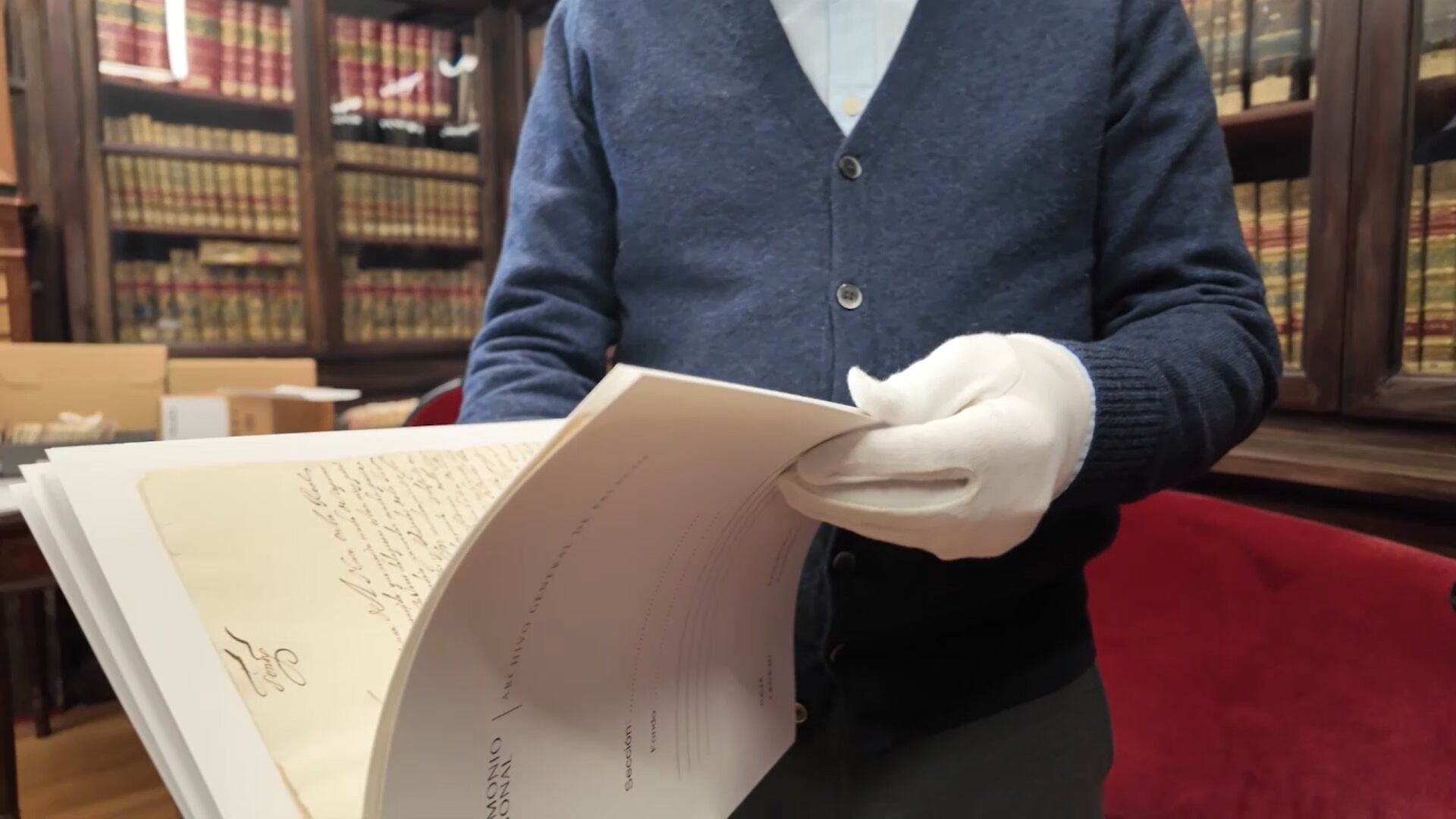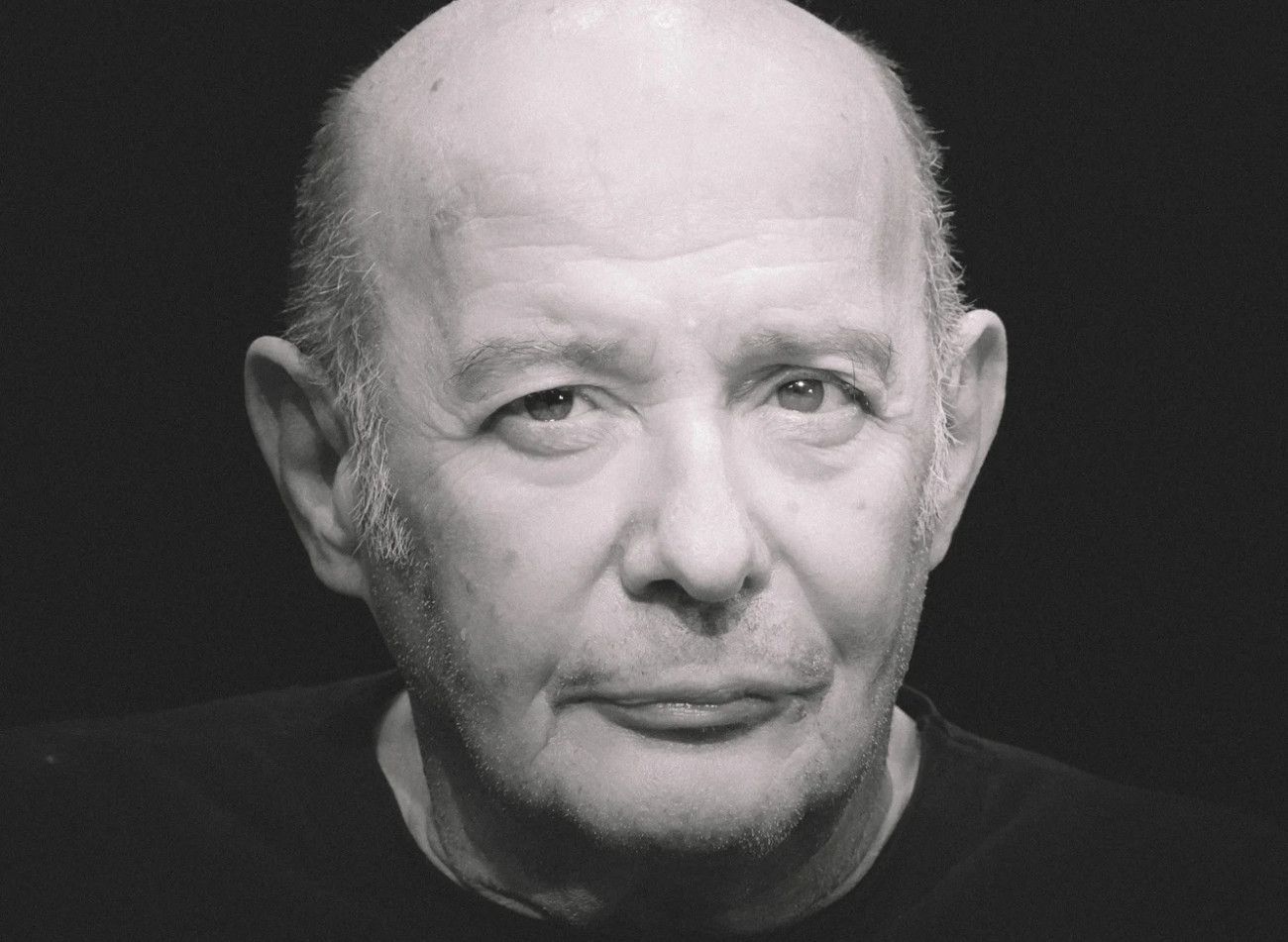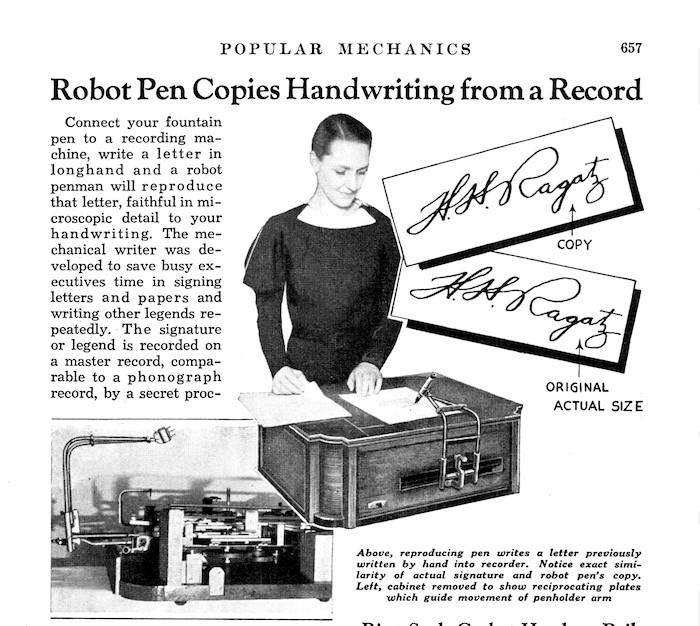Retrieved eight historical documents of the General Archive of the Royal Palace of Madrid, three of which were going to be auctioned | Spain

The accounts of the funerals of Carlos I of Spain and V of Germany and the English and Irish queen María Tudor, held in Brussels in 1559, and a royal decree of Felipe II of 1600 were to be auctioned in Barcelona until the intervention of the National Police. The operation has prevented it from being bidd by these three historical documents and has also served to locate another five pieces, from the seventeenth century, in possession of a family that runs an antique library in Madrid.
The intervention began in June after the General Archive of the Palace, through the Ministry of Culture, warned that a relevant Barcelona auction house was going to offer three important elements belonging originally to the real collections of National Heritage. « Police investigation allowed the person to identify the documents that were going to be auctioned, stating that it was antiquarian and that it was not the owner, facilitating the identity of this person, » according to the statement of the National Police, and thus found out that the owner, resident of Valladolid, had those documents as a family heritage.
The operation has been called Bloody Mary In allusion to María Tudor, nicknamed for her bloody campaigns against the Protestants, whom she pursued and accused of heresy. This English monarch appears in part of these documents recovered in the form of two librettos on their funeral and that of Carlos I in Brussels in 1559. The other file that was going to go to auction corresponds to a royal decree of Felipe II dated 1600.
The pieces belonged to the Real National Heritage Collections And as soon as their presence was recorded in the auction house, the movements to recover them began, as they were « disappeared from the General Palace Archive, » the National Police reports.
The work of the agents allowed to identify the person who possessed these documents, which was defined as an antiquarium and not as a real owner of those centenary archives. It facilitated the identity of the true owner, leaving the documents intervened « in a precautionary way. » When the police contacted the « real owner », who resided in Valladolid, he assured that « they were part of a family heritage of their father. » As soon as its origin were the cultural institutions of the State « showed their desire that they were voluntarily transferred to national heritage. »
The researchers found out that in the same open file on these missing documents there were another five to find and that these pieces could be held by a family that runs an antiquarian bookstore in Madrid. When contacting them and informing them of the Heritage Recovery Operation, it was agreed that this family voluntarily yields these five documents: an autograph decree by Felipe IV of 1621, a marginal decree of Felipe III of 1621, a decree of Felipe IV of 1633, a letter from the Lieutenant of the Warden of the Casa de Camp Eight centenary documents have been delivered properly and have joined the funds of the General Archive of the Palace located in the Royal Palace in Madrid.







